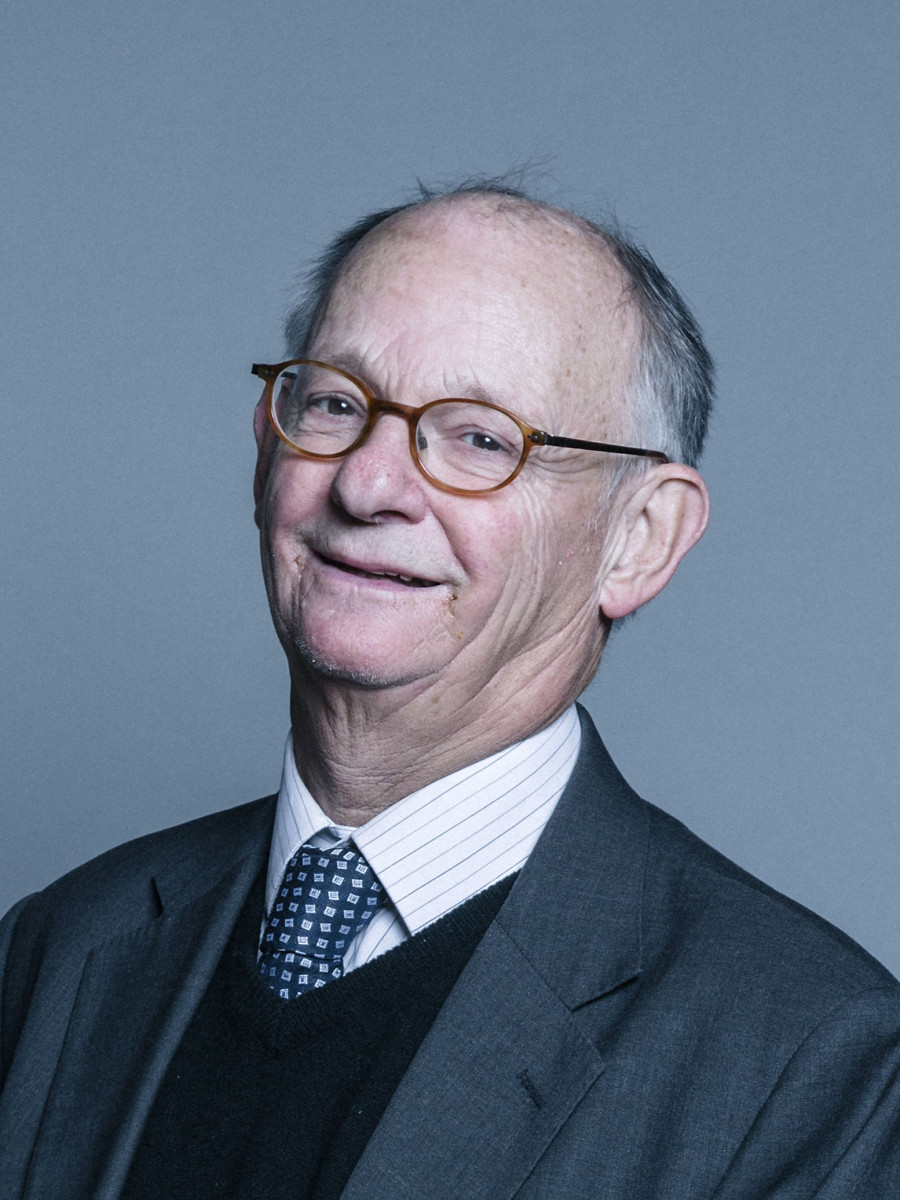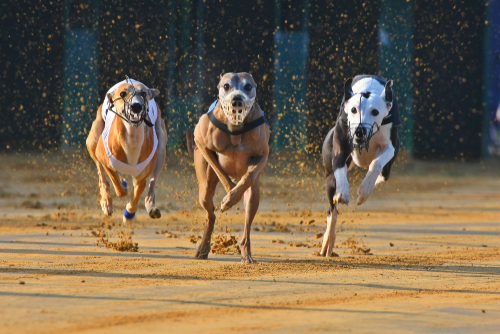Lord David Lipsey, Chair of Premier Greyhound Racing, discussed with Insider Sport the changing commercial landscape in greyhound racing in terms of media rights, as the result of the White Paper approaches.
An active member of the House of Lords, Lipsey offers a unique perspective on where gambling and racing currently is in the UK, at a time of heightened scrutiny of the betting sector and its links with sports.
Insider Sport – How has PGR’s recent agreements with the UK’s four biggest retail operators highlighted the continued importance of greyhound racing as a betting market?
Lord David Lipsey – Well they wouldn’t have bought our service if greyhounds were not good business for them! Greyhound racing accounts for a significant amount of sports turnover.

IS – What impacts do you anticipate the Gambling Act review White Paper to have on greyhound racing, specifically the sport’s relationship with bookmakers?
With the white paper still some weeks off, it is difficult to be sure. But intrusive affordability checks would be a severe blow to greyhound racing. If betting turnover goes down, then so will the revenue from the voluntary levy on greyhound betting, most of which goes into the welfare of our dogs.
IS – Should greyhound racing look to enhance its visibility beyond the betting space?
Yes yes yes! We won’t be content until it does. And it can be done: look what has happened in darts. My own company, PGR, is holding a special session in March on promoting the sport.
And we work hard to get coverage succeeding for example with the syndicate that own Micky’s Barrett, part of a recent extensive feature in national newspapers and online. We are determined to take the sport out of the greyhound section and into the front pages.
IS – Could more mainstream media be on the cards, as is the case with horse racing?
Greyhound racing is a perfect sport for social media and consumption on smartphones, which is as important a consideration as traditional mainstream media.
IS – Greyhound racing faced some criticism from animal welfare charities last year, how can the sport best present a positive image to the public?

The charities have the best of intentions but the worst of information. Greyhound welfare has been transformed in recent years – for example 94% of dogs are now re-homed compared to previous years. Making welfare even better is a sine qua non for PGR.
IS – A lot has been said about enhanced affordability checks over the past two years, what effects could such measures have on greyhound racing?
Between mildly damaging and disastrous.
IS – As a Labour Peer, can you give us any insights into what a Labour government’s policies on betting and sports would be?
DL – Well as a humble backbench peer I’m really not the best person to ask. What I can say is that the opposition, like the Government, has made it publicly clear that it is opposed to a ban on greyhound racing.
IS – How well has the Conservative government handled the Gambling Act review? From your position, how could it have been done better?
They listened too much early on to the anti-gambling lobby and too little to those pointing out the harm absurd affordability checks would do. Pray God they have woken up in time.
IS – How significant do you think the successive changes in government during the course of the review – i.e. three PMs in one year – has been in shaping the review, its course and outcomes?
I would be lying if I said it had been helpful! But I would just say that the current gambling minister Paul Scully strikes me as pragmatic and on top of his subject.
IS – What is the long-term vision for greyhound racing as part of the UK’s sports ecosystem and what objectives are in place to achieve this?
More spectators, more fluttering, more press attention, more telly, more social media coverage and welfare that silences the sport’s critics.


























